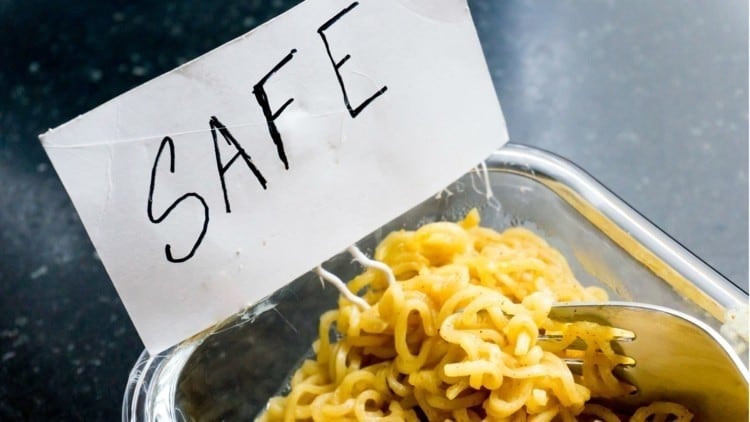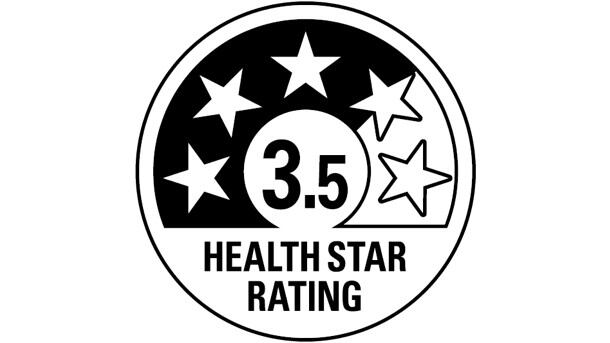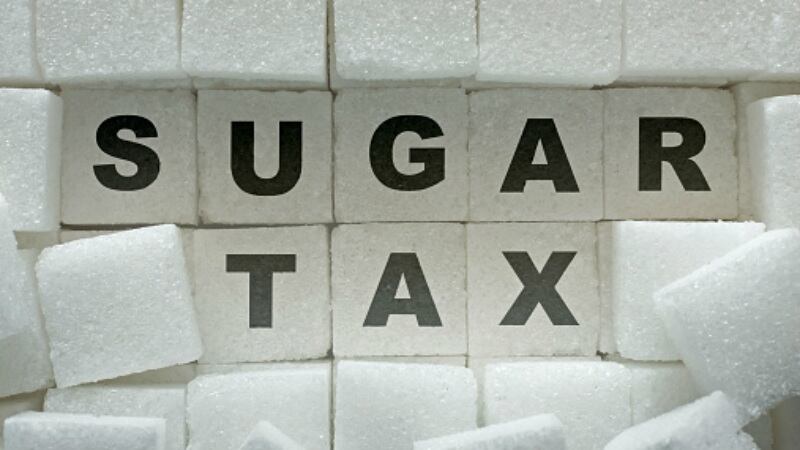Hazard reduction: FSSAI mandates compulsory third-party food safety audits in six ‘high-risk’ categories
The Food Safety and Standards Authority of India (FSSAI) has issued a formal order mandating compulsory third party food safety auditing for all food companies that deal in ‘high-risk’ product categories in hopes of reducing the need for frequent government inspections.
According to the order document, the agency has designated six such ‘high-risk’ food categories: Dairy, meat, fish, eggs, foods for nutritional uses (e.g. infant nutrition), prepared foods and products related/sourced from these.
“The food businesses subject to mandatory food safety auditing [in these categories] shall get [the] business audited by a recognized auditing agency at intervals as specified by [FSSAI],” said FSSAI Executive Director (Compliance Strategy) Dr Shobhit Jain, who issued the order.
Sugar beat? UAE to impose 50% excise tax in 2020 on products containing sugar and sweeteners
In a move to reduce consumption of unhealthy products and prevent chronic diseases, the UAE Government will impose a fresh 50% excise tax on a raft of products containing added sugar or sweeteners, with officials hoping it will reduce consumption of ‘unhealthy products’ and prevent chronic diseases.
The tax will take effect on January 1, 2020, and will include any product containing sugar or sweeteners, and is produced as either a ready-to-drink beverage or as concentrates, gels, powders, extracts, or any other form that can be converted into a drink.
This is an extension to the list of excise taxable products after the first in 2017, with 50% tax on carbonated drinks, and 100% tax on energy drinks.
‘No palm oil’ claims banned in Indonesia: Local industry backs move while MNCs reiterate RSPO commitment
Indonesia’s recent banning of products carrying ‘Palm Oil Free’ labels has received a positive response from the local industry, while MNCs Nestle and PepsiCo have reiterated their commitment to use of RSPO-certified palm oil.
The Indonesian National Drug and Food Control Agency (BPOM) issued the ban, saying that the ‘Palm Oil Free’ label had caused a number of problems for the country in its efforts to grow the palm oil industry.
“In a meeting between BPOM, the Ministry of Trade, the Ministry of Health, the Ministry of Industry, the Ministry of Agriculture and other related cross-sector bodies on the handling of this issue, [we have committed to] protect the competitiveness of the palm oil trade,” said BPOM Head Penny Lukito.
Japan’s food labelling standards: Around 20% of products not compliant with new regime
One-in-five food products in Japan are still not compliant with the country’s new food labelling standards, with time rapidly running out for manufacturers to make the changes.
The 10 new standards were enforced in April 2015 by the Consumers Affairs Agency in Japan for the labelling of processed foods and additives for consumers.
Food firms were encouraged to implement the changes as quickly as possible, with a final cut-off date of March 31, 2020. But Hiroyuki Kawai, CEO of Label Bank, a company specialising in food labelling regulations told FoodNavigator-Asia: “We estimate around 80% of total food products have followed the new food labelling standards.”
Cheesed off: Australia makes ‘no promises’ to EU to remove GI-protected food names amid industry unrest
The European Union (EU)’s recent demands that Australia remove food product names it claims are protected under the Geographical Indication (GI) scheme, such as feta or gruyere cheese, has angered the country’s F&B industry, but the government insists it has made ‘no promises’ to its second largest trading partner.
The demands were made during the latest negotiations between the EU and Australia over the signing of a Free Trade Agreement (FTA), which have been ongoing since July last year.
Earlier this month, the Australian Department of Foreign Affairs and Trade (DFAT) published a list of 408 food and beverage products that the EU is requesting Australia to protect as GIs. Of these, 172 are food products (e.g. cheeses, meats, olive oil) and 236 are spirits.





